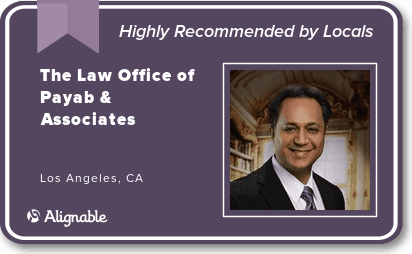In today's digital age, employees often wonder how much their social media activity is protected under the law. It's crucial to understand that while employees have certain rights, such as privacy and freedom of speech, they are not absolute within the workplace context.
Privacy concerns arise when employers monitor social media activity, but courts have generally sided with employers who access public posts. Freedom of speech, while a constitutional right, does not provide unfettered protection for all social media conduct, especially when it can impact the employer's business or when it constitutes harassment or threats against coworkers.
Understanding Social Media Policies in the Workplace
Employee Rights Under Social Media Policy
Moreover, state laws can affect employee rights regarding social media. For instance, some states have laws that prohibit employers from requesting social media login information. Employees must be familiar with specific regulations that may shield their online activities.
However, these protections have limitations, especially when discriminatory posts violate company policy or disclose proprietary information. Understanding the delicate balance between employee rights and employer policies is essential for navigating the complex world of social media in the workplace.
When Employers Go Too Far
While employers have certain rights to review and discipline employees based on their social media content, they must navigate this terrain carefully to avoid unlawful practices. An employer's social media policy becomes problematic if it infringes on an employee's right to discuss workplace conditions, such as pay or harassment concerns.
Legal professionals advise employers to exercise caution, as actions taken against employees for social media use can sometimes be seen as violating privacy and free speech rights, especially if the content pertains to protected classes or activities.
Moreover, demanding employees to promote company content on their personal accounts raises ethical and potentially legal concerns if it extends to employees who do not willingly engage in social media. Employers should establish clear, lawful policies prohibiting hate speech or bullying on social media. Still, these policies must respect the boundaries of employees' rights outside the workplace.
Best Practices
Such policies should be communicated effectively to all employees, with opportunities for questions and clarifications. Regular updates to the policy may be necessary to adapt to the ever-changing social media landscape and legal requirements. Employers can foster a positive work environment and mitigate potential risks associated with social media use by establishing a policy that balances the company's interests with employee freedoms.
If you're navigating the complexities of social media policies in the workplace and need experienced legal guidance, The Law Office of Payab & Associates is here to help. Our experienced employment law attorneys can help you understand your rights and obligations or address any legal concerns arising from social media use.
Contact us today to ensure that your employment practices are up-to-date and protect your interests in the digital world.

.2402061039550.jpg)































